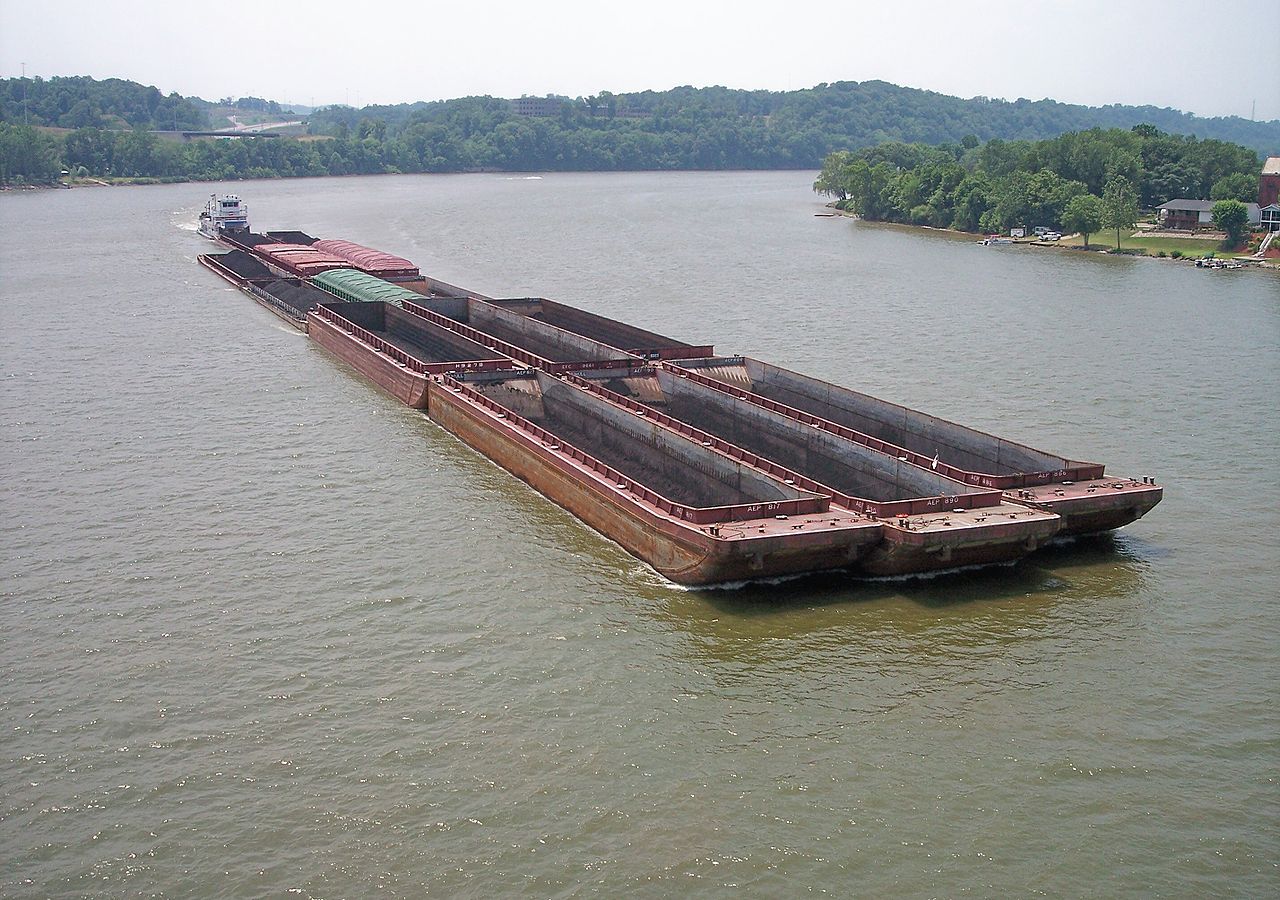For the inland waterways, the headlines have been less than stellar recently. In our July issue due out later this month, Pamela Glass reports that an unusual pattern has emerged this year in the inland barge industry — a down cycle in almost all commodities carried by barge.
And in his Inland Insider column in the same issue, Kevin Horn writes that the domestic freight transportation sector is in a recession. As a result of this, a barge construction surge combined with weak demand has laid up hundreds of bottoms.
Weak coal traffic is a big culprit, but weak demand from China and an economic slowdown in other parts of the world are also hurting domestic barge freight. Add to this the steep drop in oil prices and a strong dollar that makes exports more expensive. A rarity has emerged: Nearly every sector of the barge business is facing difficult conditions.
Low oil prices have also hurt a few tank barge operators. The surge in U.S. petroleum production led some tank barge companies to expand their fleets. Now, demand to move crude by inland barge has softened.
But it is not as bad as it looks. With the exception of coal, barge traffic so far this year has been somewhat resilient. Grain seems to be making a comeback with an improving export market, with corn being the bright spot. With South American producers having troubles with their crops and ethanol production nearing its peak, there is a lot of U.S. corn available on the export market. Another positive has been chemicals, which are ahead of previous years’ numbers.
Mark Knoy, CEO at American Commercial Lines, said his company hasn’t been hit too hard by oil’s woes because of its diversified portfolio. Only about 6% to 7% of ACL’s earnings come from crude transport.
He said tank barge utilization remains high, mostly due to strong barge demand for other liquid commodities like ethanol, petrochemicals, and glycol and light condensates.
As Kevin Horn wrote, so far this year it appears barge traffic is recession proof. Let’s hope it stays that way.




